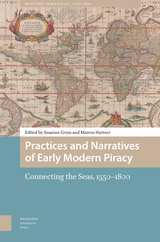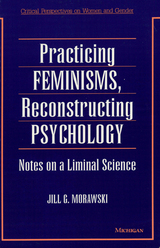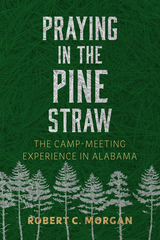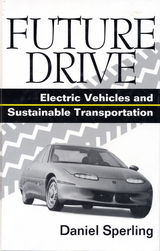
In Future Drive, Daniel Sperling addresses the adverse energy and environmental consequences of increased travel, and analyzes current initiatives to suggest strategies for creating a more environmentally benign system of transportation. Groundbreaking proposals are constructed around the idea of electric propulsion as the key to a sustainable transportation and energy system. Other essential elements include the ideas that:
- improving technology holds more promise than large-scale behavior modification
- technology initiatives must be matched with regulatory and policy initiatives
- government intervention should be flexible and incentive-based, but should also embrace selective technology-forcing measures
- more diversity and experimentation is needed with regard to vehicles and energy technologies
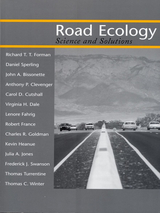
A central goal of transportation is the delivery of safe and efficient services with minimal environmental impact. In practice, though, human mobility has flourished while nature has suffered. Awareness of the environmental impacts of roads is increasing, yet information remains scarce for those interested in studying, understanding, or minimizing the ecological effects of roads and vehicles.
Road Ecology addresses that shortcoming by elevating previously localized and fragmented knowledge into a broad and inclusive framework for understanding and developing solutions. The book brings together fourteen leading ecologists and transportation experts to articulate state-of-the-science road ecology principles, and presents specific examples that demonstrate the application of those principles. Diverse theories, concepts, and models in the new field of road ecology are integrated to establish a coherent framework for transportation policy, planning, and projects. Topics examined include:
- foundations of road ecology
- roads, vehicles, and transportation planning
- vegetation and roadsides
- wildlife populations and mitigation
- water, sediment, and chemical flows
- aquatic ecosystems
- wind, noise, and atmospheric effects
- road networks and landscape fragmentation
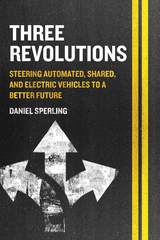
The dream scenario could bring huge public and private benefits, including more transportation choices, greater affordability and accessibility, and healthier, more livable cities, along with reduced greenhouse gas emissions. The nightmare scenario could bring more urban sprawl, energy use, greenhouse gas emissions, and unhealthy cities and individuals.
In Three Revolutions, transportation expert Dan Sperling, along with seven other leaders in the field, share research–based insights on potential public benefits and impacts of the three transportation revolutions. They describe innovative ideas and partnerships, and explore the role government policy can play in steering the new transportation paradigm toward the public interest—toward our dream scenario of social equity, environmental sustainability, and urban livability.
Many factors will influence these revolutions—including the willingness of travelers to share rides and eschew car ownership; continuing reductions in battery, fuel cell, and automation costs; and the adaptiveness of companies. But one of the most important factors is policy.
Three Revolutions offers policy recommendations and provides insight and knowledge that could lead to wiser choices by all. With this book, Sperling and his collaborators hope to steer these revolutions toward the public interest and a better quality of life for everyone.
READERS
Browse our collection.
PUBLISHERS
See BiblioVault's publisher services.
STUDENT SERVICES
Files for college accessibility offices.
UChicago Accessibility Resources
home | accessibility | search | about | contact us
BiblioVault ® 2001 - 2025
The University of Chicago Press




